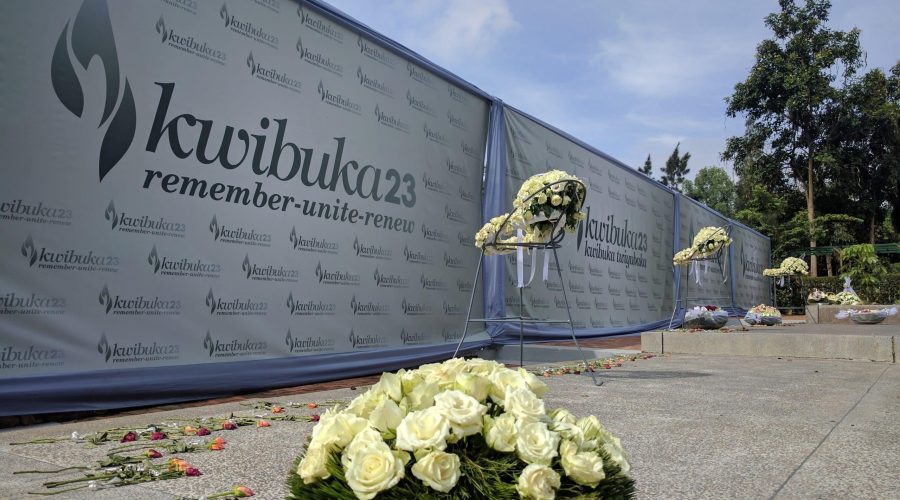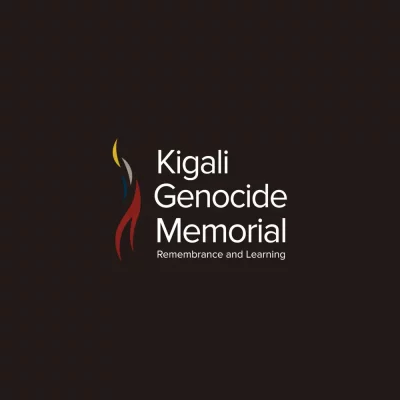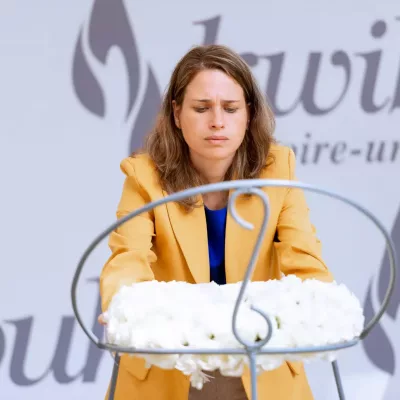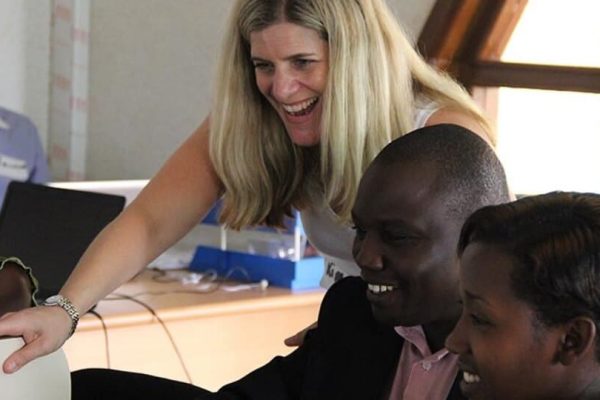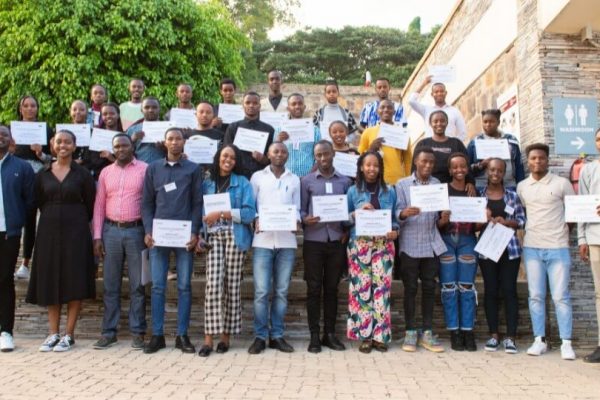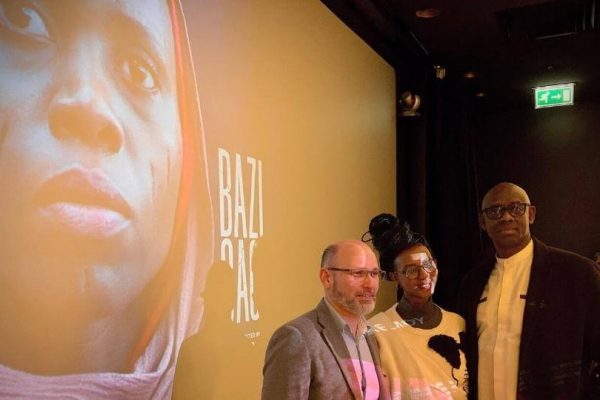As we mark the 23rd Commemoration of the Genocide against the Tutsi, Aegis Trust and the Institute of Research and Dialogue for Peace (IRDP), with the support of the GIZ, are bringing together experts to discuss the Root Causes of Genocide and Division & Dehumanisation.
Through the gathering, we will explore the historical factors that led to the Genocide against the Tutsi and the impact of division, discrimination and dehumanisation on Rwandan society.
We will also examine the causes of genocide ideology, the efforts undertaken in Rwanda to fight genocide ideology and how lessons can be applied elsewhere in the world today.
Event Details
- Name: Kwibuka Conversation on the Root Causes of Genocide
- Location: Kigali Genocide Memorial Peace School
- Date and Time: 21 April 2017 from 10am – 5pm
If you would like to attend the event, kindly RSVP by writing to team@kgm.rw. Once you have confirmed your attendance, we will share a detailed programme with you. Please note that places are limited.
Programme
• 9:30am – Arrival and Registration
• 10am – Welcome by Yves Kamuronsi, Aegis Trust Country Director
• 10:10am – Film Screening
• 10:20am – Panel One: Root Causes of Genocide – Historical Context
• 12:00pm – Q&A with Panel
• 12:30pm – Health Break (Lunch at the Memorial Café)
• 2:00pm – Film Screening
• 2:10pm – Panel Two: Division & Dehumanisation
• 3:30pm – Health Break
• 4:00pm – Q&A with Panel
• 4:45pm – Closing Remarks by Freddy Mutanguha, Aegis Trust Regional Director
Panel One: Root Causes of Genocide – Historical Context
This first panel will explore the historical factors that led to the Genocide against the Tutsi. It will provide context to the introduction of identity politics in Rwanda, as well as an understanding of those responsible for dividing Rwandans.
The panel will discuss the social and political causes of Genocide, and any lessons the world has learned.
Speakers will share the long-term history of the Genocide against the Tutsi and provide an insight into the decision making process of those who chose to flee the violence against Tutsi. They will also detail some of the experiences of Rwandan living out of Rwanda from 1959 to 1994.
Speakers:
• Moderator: Dr Philbert Gakwenzire, Institute of Agriculture, Technology and Education of Kibungo (INATEK)
• Senator Tito Rutaremara, Member of the Parliament of Rwanda
• Hon Evariste Kalisa, Member of the Parliament of Rwanda
• Hon Juvenal Nkusi, Member of the Parliament of Rwanda
• Assumpta Mugiraneza, Iriba Centre
Panel Two: Division & Dehumanisation
The second panel will explore the impact of division, discrimination and dehumanisation on Rwandan society, before and after the Genocide against the Tutsi. It will discuss the impact of divisive politics on Rwandans living inside the country, as well as those who chose to leave.
Speakers will discuss the efforts undertaken to reunite Rwandans by building a shared sense of national identity, introducing genocide ideology laws and fostering a culture of remembrance. They will share what the world can learn from Rwanda’s efforts to fight genocide ideology and build a united country.
Speakers:
• Moderator: Freddy Mutanguha, Aegis Trust
• Senator Dr Richard Sezibera, Member of the Parliament of Rwanda
• Professor Deo Byanafashe
• Kalisa Rugano
• Dr Eric Ndushabandi, Institute of Research and Dialogue for Peace (IRDP)

